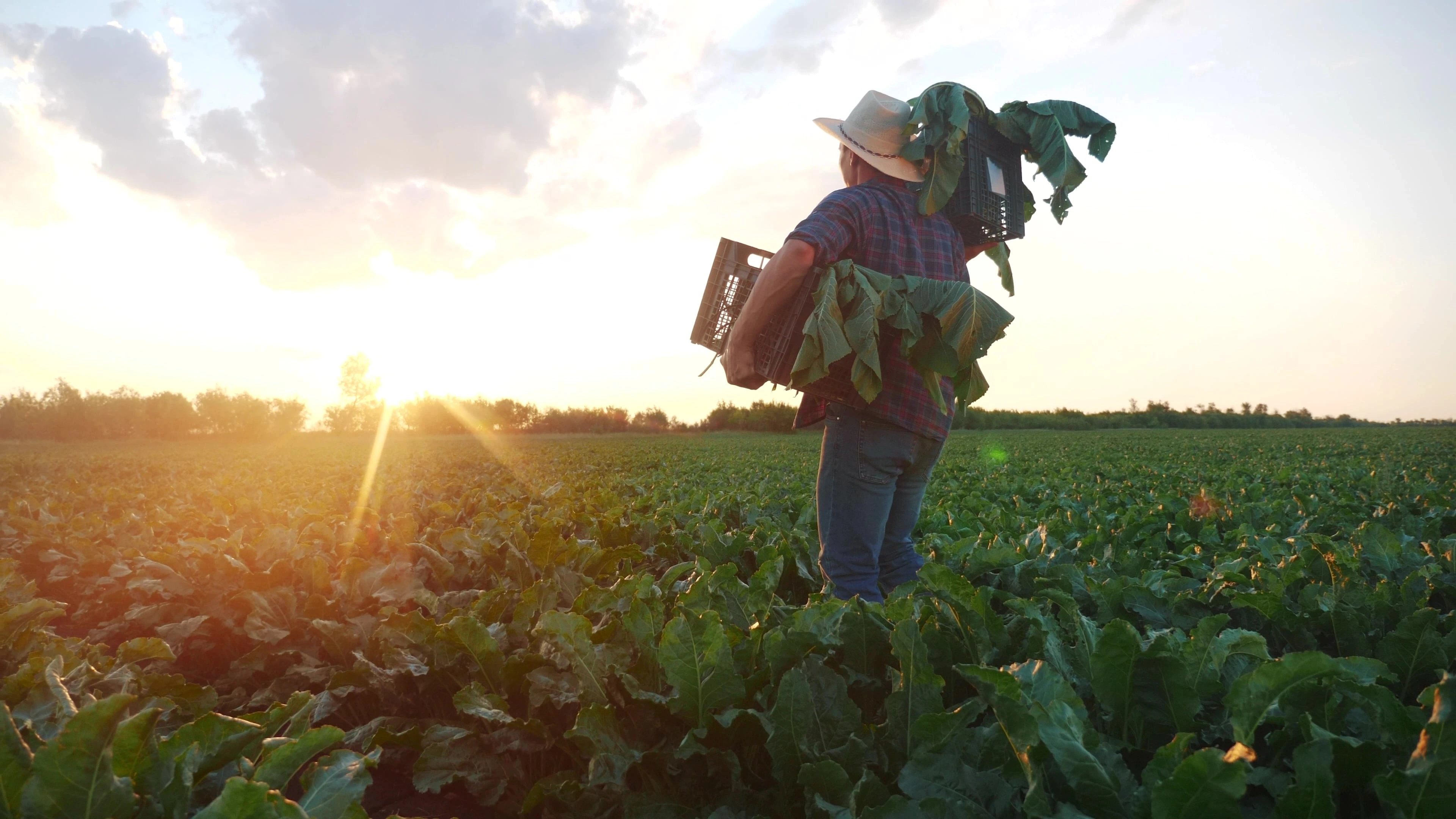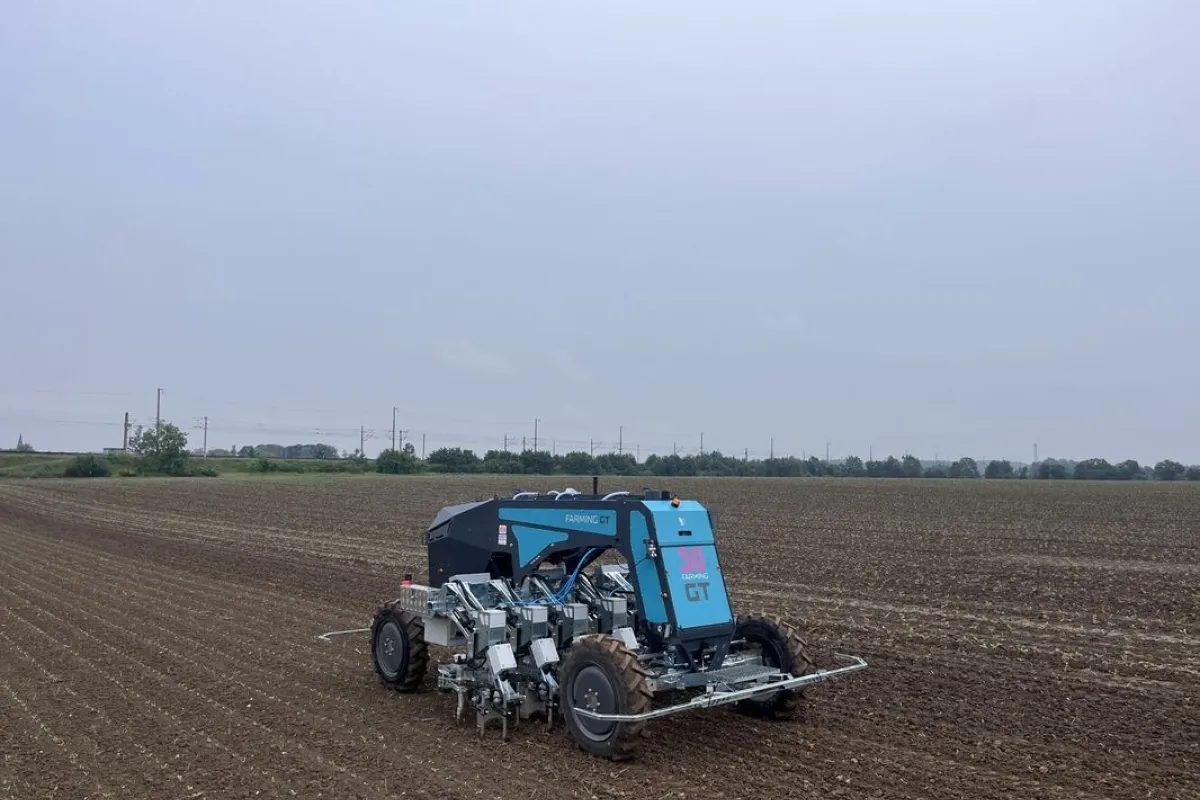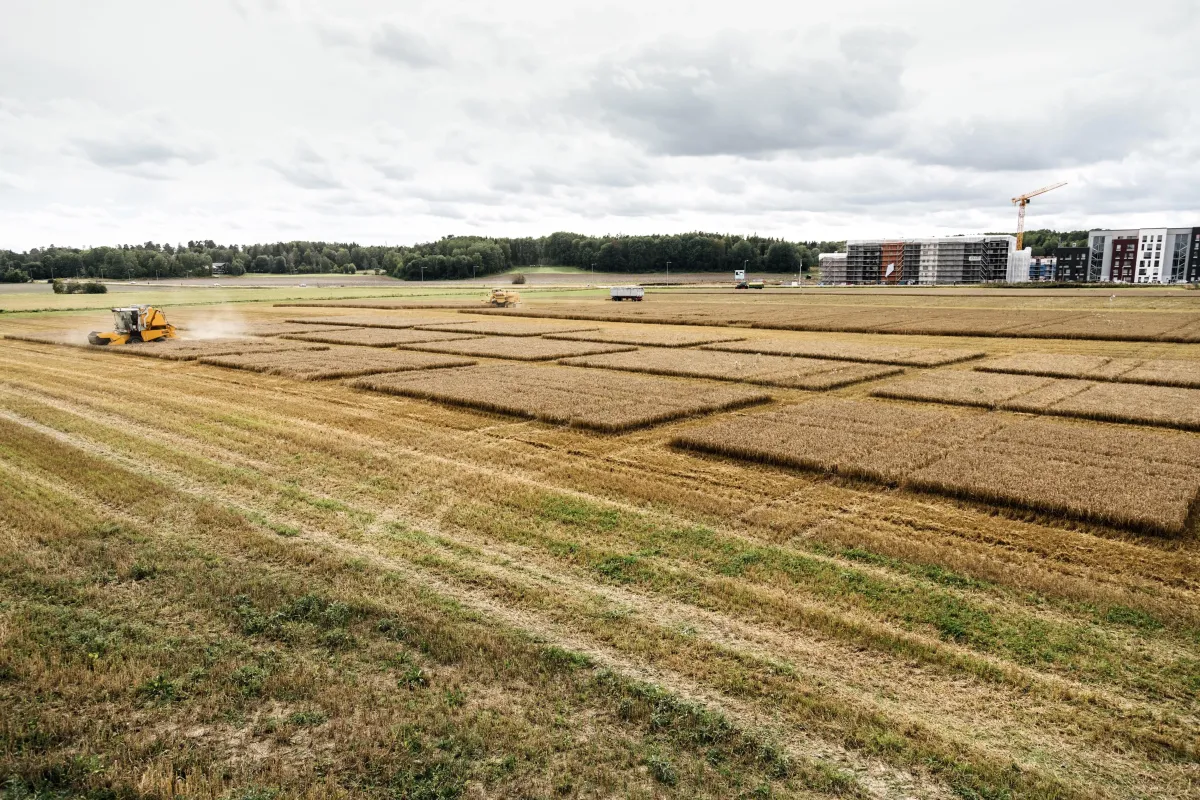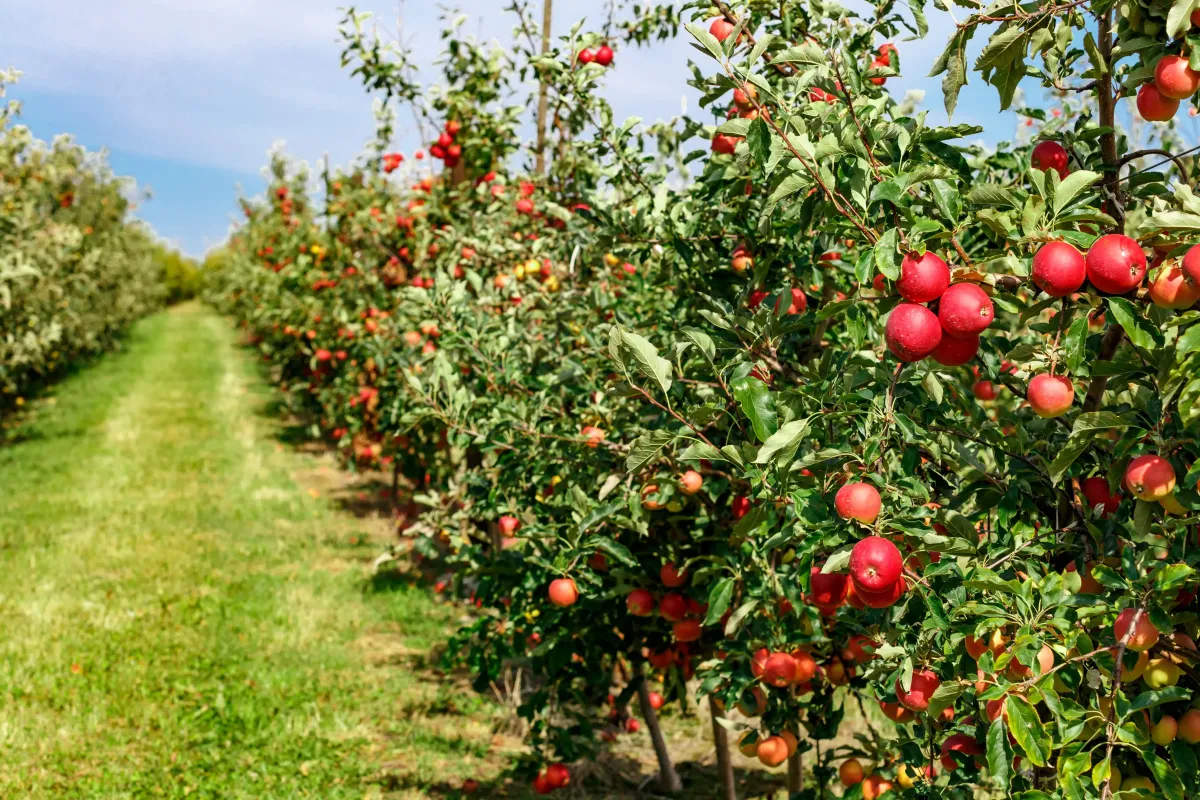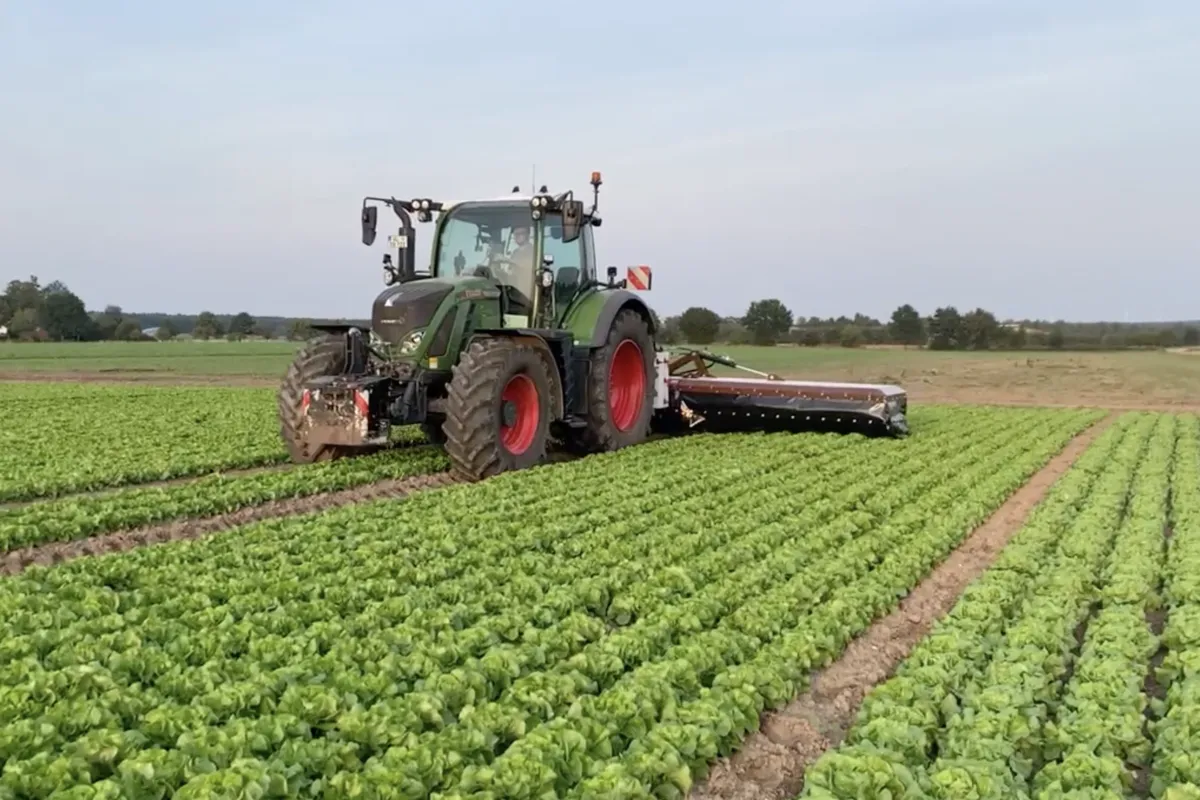
Overview
Container images have become the de facto standard for software delivery in a variety of industries, including agrifood. Packaging an application and all its dependencies in a container image ensures consistency across different deployment environments, allowing these applications to be tested more quickly and efficiently. Once the container image is built, it can be run by different container management tools, for example, Docker or Podman.
However, creating secure and optimised container images is often complex. This service simplifies the process by automatically generating container images from the application source code. It detects dependencies and environmental requirements, removing the need for the customer to perform and/or to possess technical expertise in container technologies.
The process is fully automated: the user provides the source code reference with secure access, and the service handles the rest. This eliminates the need to manage image creation files and reduces potential human error during the image creation phase, allowing developers to focus on innovation and functionality.
More about the service
The execution time depends on the size and complexity of the project but is generally completed within a few minutes. There are no geographical limitations, as the service is cloud-based. The customer will receive an optimised image ready for deployment. No physical interaction is required, and all communication occurs digitally through the API.This service works seamlessly with S00289 (vulnerability scan for agrifood software systems) as part of a pipeline. Starting from source code, customers can generate a container image through this service, which can then be passed to S00289. This combination ensures that applications are not only containerised efficiently but are also checked for vulnerabilities before deployment, providing a complete solution from code to secure container images.
